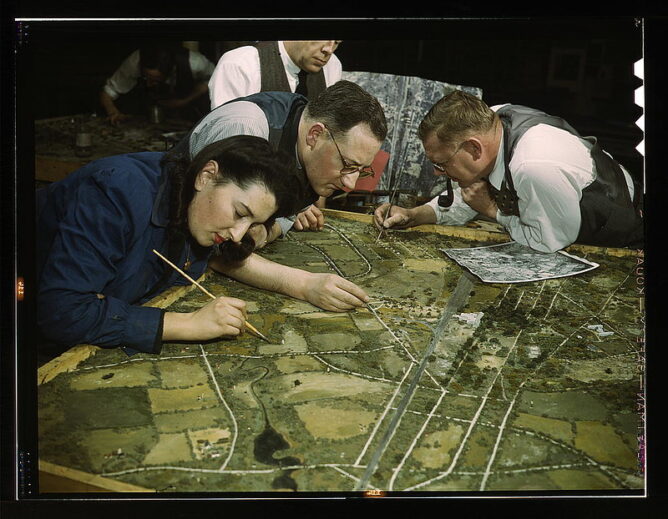Social media happens so fast. I mean, just over a week ago, none of us considered making a banana peel part of our morning routine. So in between the monthly “Recently in Academic Libraries” posts, I pull together regular updates on what AcadLibs are doing on social. Please enjoy these recent highlights.
Always check the calendar
Academic libraries stepped up their game this year for April Fools. Perhaps I wasn’t as attentive in the past, but I noticed more accounts engaging in what was obviously planned content for this internet high holy day. Carroll University Library pulled a blast from the past and decided to shrink all their books. Amherst College Library introduced their campus’s first silent dorm. Cornell University Library took flight with its latest mobile branch.
I honestly had to do a double take and remind myself what day it was with American University Library’s new coffee ad as well as Boston College University’s latest collection development priority (spoiler: it’s dolls).
The most popular trend by far was the inclusion of animals. Both Wash U and William & Mary offered therapy dogs for checkout. Not to be outdone, LSU advertised therapy tigers. And the University of Albany began lending horses. Animals became librarians as well. Catholic University Libraries hired Catalog Mary McCatFace and the University of Idaho hired the first ever moose librarian (seen above).
But the post that shocked me the most was this one from Sacred Heart University. Nope, nope, nope.
Poking fun at ourselves
Recently at my place of work, we’ve been experimenting with creating more engaging content that reminds students about our library’s policies, but in ways that feel non-confrontational (e.g. logging out of library computers, not taking our staplers, and not being too loud in study rooms). So I enjoyed seeing similar tactics employed by University of Wyoming Libraries to recognize difficult wayfinding needs. But it was K-State Libraries who hit the nail on the head with their gentle shaming of students who leave their belongings unattended in the library. So trusting!
I feel pretty
Anytime I am struggling to come up with a piece of content, I know I can always count on beautiful photography and high-quality b-roll to carry the day. This is what makes UNC Greensboro’s “mindfulness moment” work so well, as well as Georgia Tech’s “go to the library.” But it has been the recent “not my house” trend that really gave libraries a chance to re-use some of those stellar shots. Here it is by Mizzou Libraries and Yale Libraries. Similarly, the “get me to god’s country” offers the same opportunity, as demonstrated by UC Santa Barbara Library.
And finally…
Someone had to do it. Not at all surprised to see Utah Valley University be the one to take the plunge.

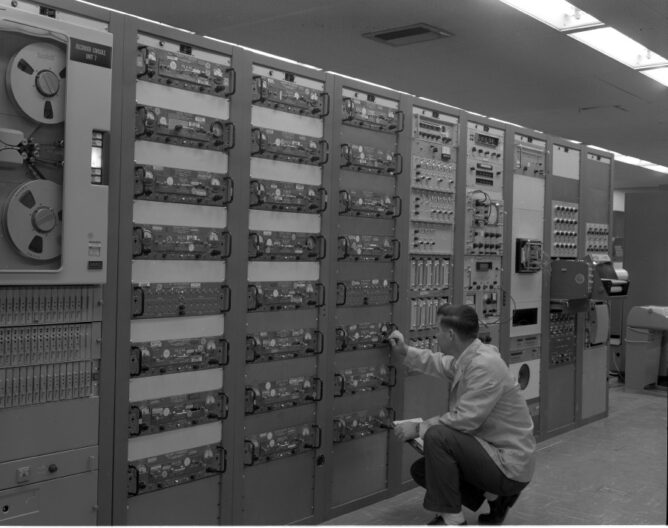






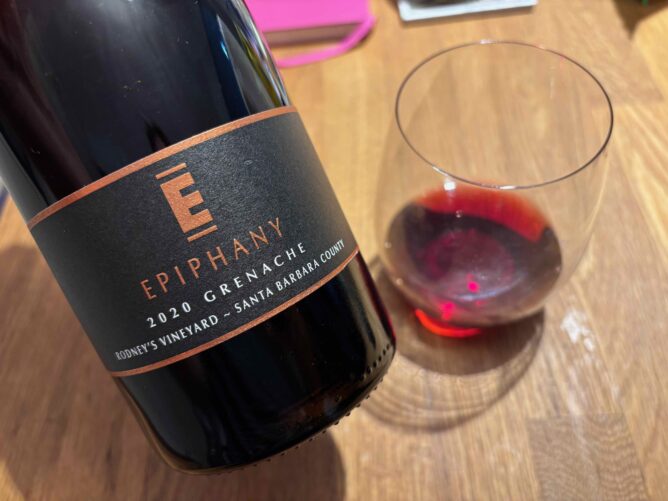








 I wasn’t focused on blogging at the time, though in hindsight I wish I had been.
I wasn’t focused on blogging at the time, though in hindsight I wish I had been.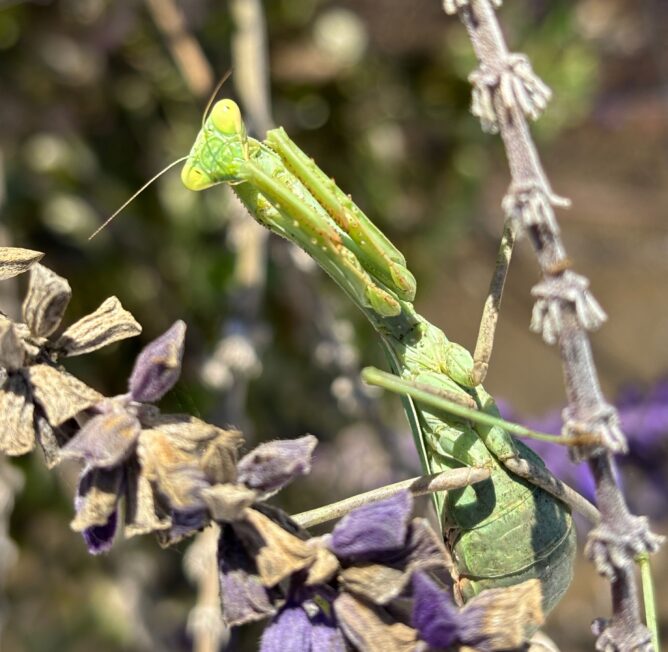








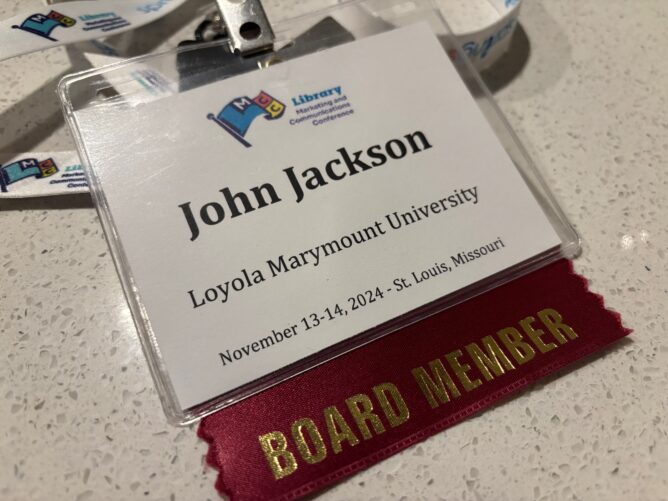
 This annual gathering of library marketing professionals reaffirms the value of all the time, effort, and skill I put in to the work I do as an outreach librarian. I’ll write more about this later after I’ve had time to process it all, but here are three key themes that emerged:
This annual gathering of library marketing professionals reaffirms the value of all the time, effort, and skill I put in to the work I do as an outreach librarian. I’ll write more about this later after I’ve had time to process it all, but here are three key themes that emerged: